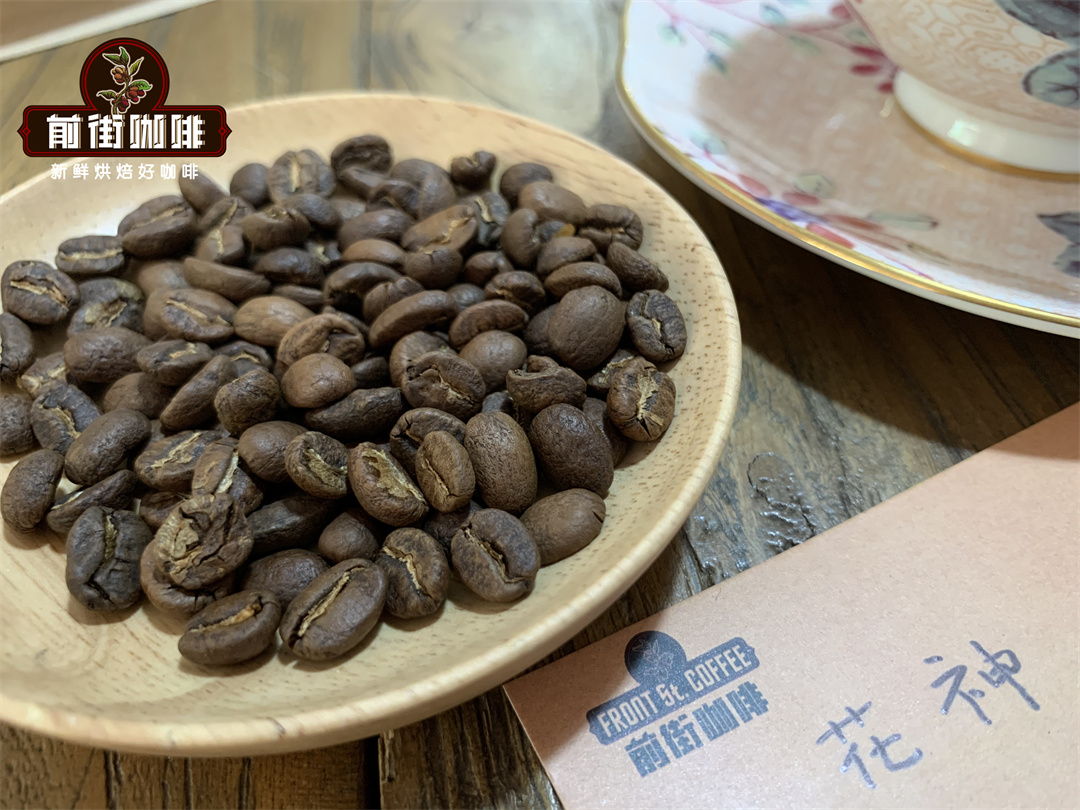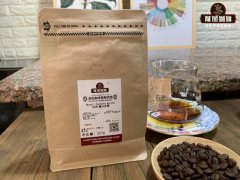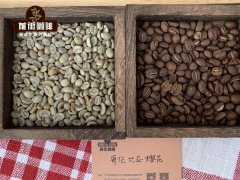How about Guatemalan coffee? is the variety of Guatemalan boutique coffee based on iron pickup?
The highlands of Guatemala produce some of the best and most distinctive coffees in the world. The mountain basin around the simple and beautiful colonial city of Antigua Guatemala produces the most outstanding of these highland coffees: Guatemala Antigua, which combines complex nuances (tobacco, spices, flowers, occasionally chocolate) and acidity, from mild brightness to strong acidity.
Other Guatemalan coffees, perhaps because they are more exposed to wet marine weather than the alpine-protected Antigua basin, tend to show slightly softer, usually less powerful, but equally complex nuances. These softer Guatemala include Cobb á n, which is praised for its plump body and soft, deep, round contours, Huehuetenango from the slopes of the Central Mountains facing the Caribbean Sea, and San Marcos coffee from the slopes facing the Pacific Ocean. Coffee from the basin around Lake Attila in south-central Guatemala usually has the same complex nuances as Antigua, but the wine is lighter and brighter.
There are many excellent Guatemalan estates. To name just a few: San Sebastian, Rattasita, San Rafael Urias, Pastore and Las Nubes in the Antigua Valley. In Huehuetenango Santa Cecilia, Huixoc and El Coyegual. In the Coban area Yaxbatz, Los Alpes and El Recreo. In San Marcos, dos Marias.

Huehuetenango and Coban are mainly small farmer coffee, but transportation difficulties and wet weather during harvest may affect the quality. Perhaps the best smallholder Guatemalan coffee comes from farmers in the Lake Attilan basin, who are organized into cooperatives, run their own factories and produce well-prepared coffee. These cooperatives gather near lakeside towns such as San Juan Laguna, San Luca Stolliman and San Diego Attland. The San Juan Laguna Cooperative sells its premium coffee under the poetic name "La Voz que Clama en el Desierto". The Attilan Lake Cooperative produces coffee at the end of the right environment: organically grown in the canopy of dense, bird-sheltered native trees and plants. The coffee is processed enthusiastically and precisely, although the delay in delivering freshly picked coffee fruits from the hillside to the cooperative factory sometimes brings slight, dazzling fermentation distortions to the cup. Atitlan Cooperative Coffee is the perfect choice for those who seek cup quality and grow in perfect harmony with the wishes of the earth and people on earth.
The highest grade of Guatemalan coffee beans is Strictly Hard Bean (SHB). Regional designated coffee (Antigua, Atitlan, Cobb á n, etc.) has been tasted and approved in accordance with the flavor characteristics standards established by the Guatemalan Coffee Association ANACAFE for these areas. Coffee that does not meet the criteria of regional flavor can only be sold as Strictly Hard Bean without a regional name.
In general, Guatemala retains more traditional typica and bourbon varieties of Arabica coffee than many other Latin American growers, which may be the reason for the generally superior complexity of Guatemalan cups. Most Guatemalan coffee is grown in the shade, from the tightly managed shade of large farms to bushes accidentally found by small growers.
Important Notice :
前街咖啡 FrontStreet Coffee has moved to new addredd:
FrontStreet Coffee Address: 315,Donghua East Road,GuangZhou
Tel:020 38364473
- Prev

Coffee beans with low acidity are recommended for coffee beans with low acidity.
We know that coffee beans from different countries and regions will have different flavors and tastes, and the different processing methods of coffee beans are also one of the reasons, such as coffee from Ethiopia, whose acidity is good and bright. So when it comes to coffee with low acidity, Front Street Coffee's top recommendation is coffee beans from Brazil. Brazil is not only the largest coffee in the world
- Next

Which is better, Colombian coffee beans or Arabica? is Colombian coffee washed Arabica?
A cup of coffee starts the day. Coffee makes us feel refreshed and helps us face a beautiful day in the future. When it comes to boutique coffee, we may have our own taste. From dark brewing to cream color, you can choose your favorite coffee. The boundless love of coffee prompted us to give birth to several coffee shops. In turn, these coffee shops in how more of us
Related
- Beginners will see the "Coffee pull flower" guide!
- What is the difference between ice blog purified milk and ordinary milk coffee?
- Why is the Philippines the largest producer of crops in Liberia?
- For coffee extraction, should the fine powder be retained?
- How does extracted espresso fill pressed powder? How much strength does it take to press the powder?
- How to make jasmine cold extract coffee? Is the jasmine + latte good?
- Will this little toy really make the coffee taste better? How does Lily Drip affect coffee extraction?
- Will the action of slapping the filter cup also affect coffee extraction?
- What's the difference between powder-to-water ratio and powder-to-liquid ratio?
- What is the Ethiopian local species? What does it have to do with Heirloom native species?

